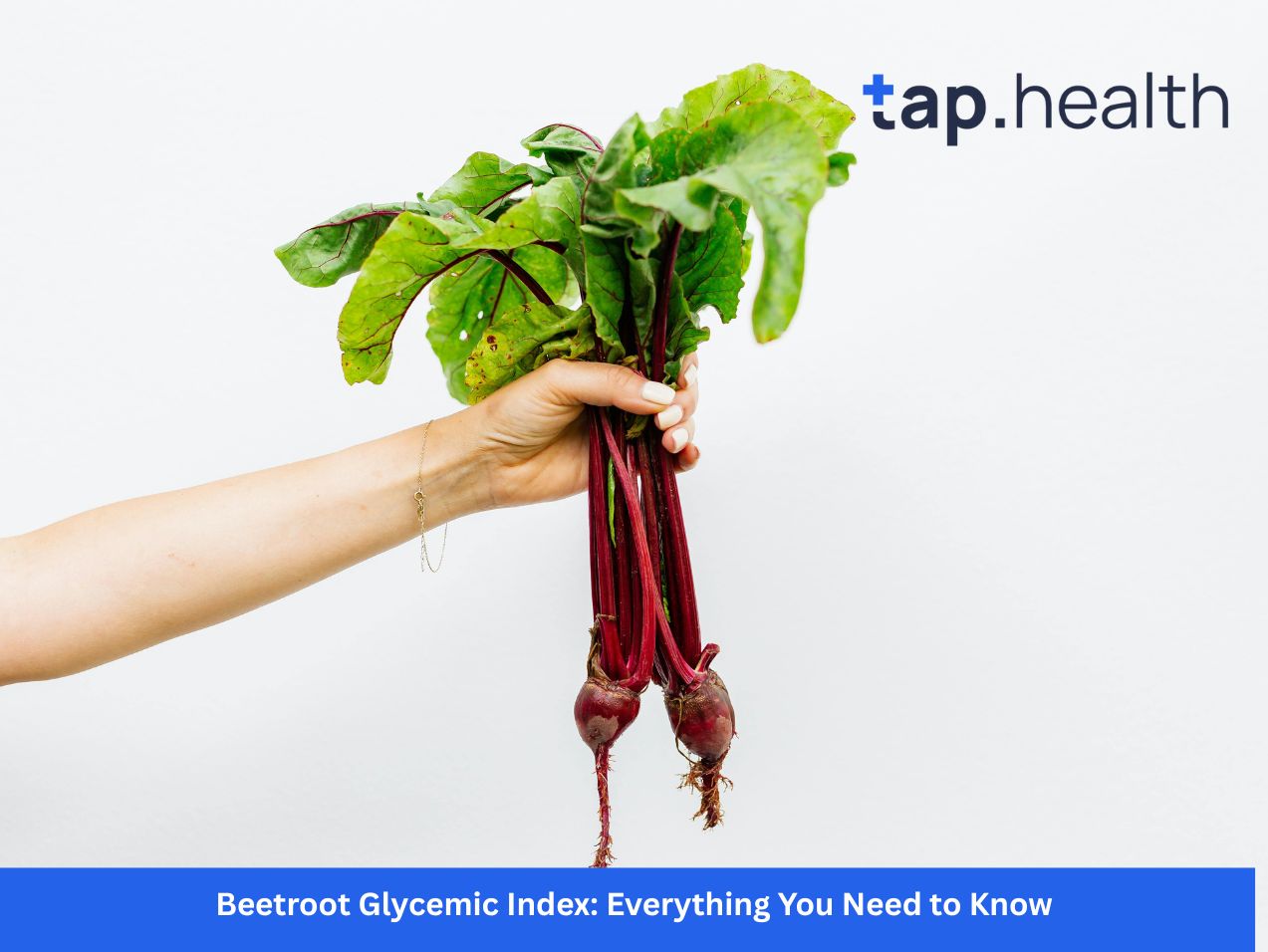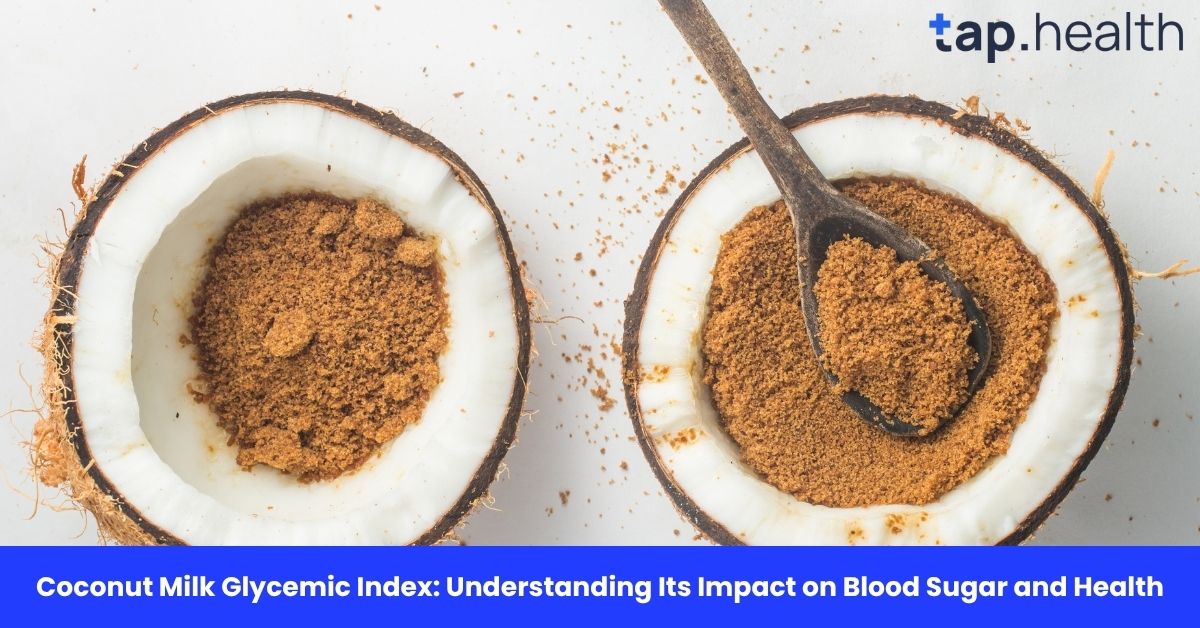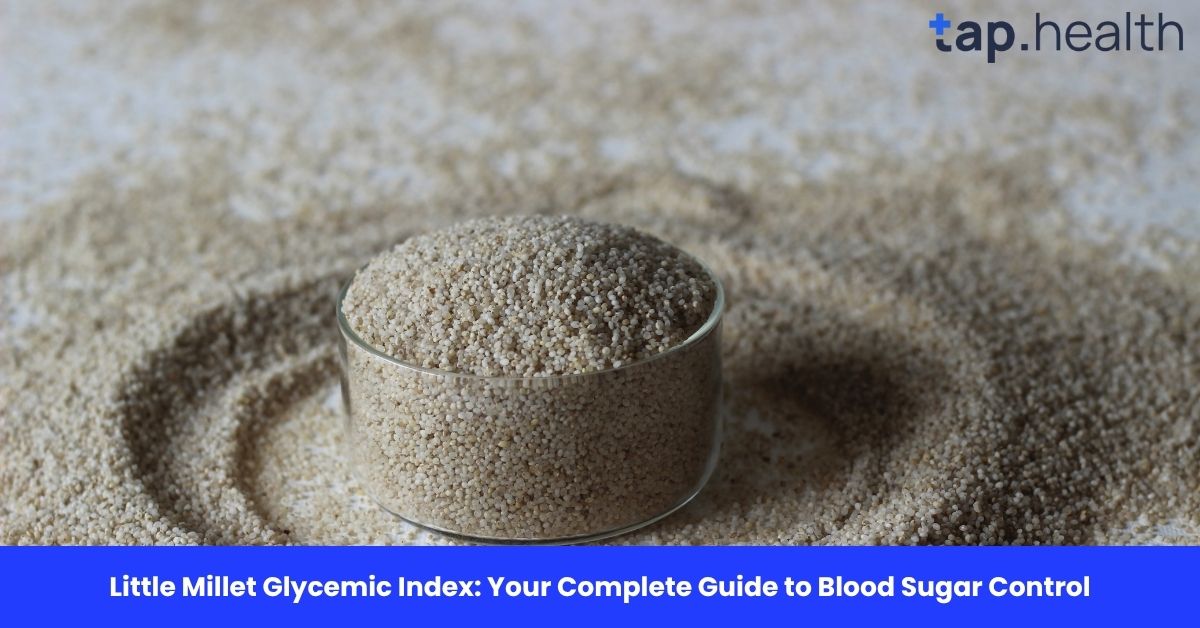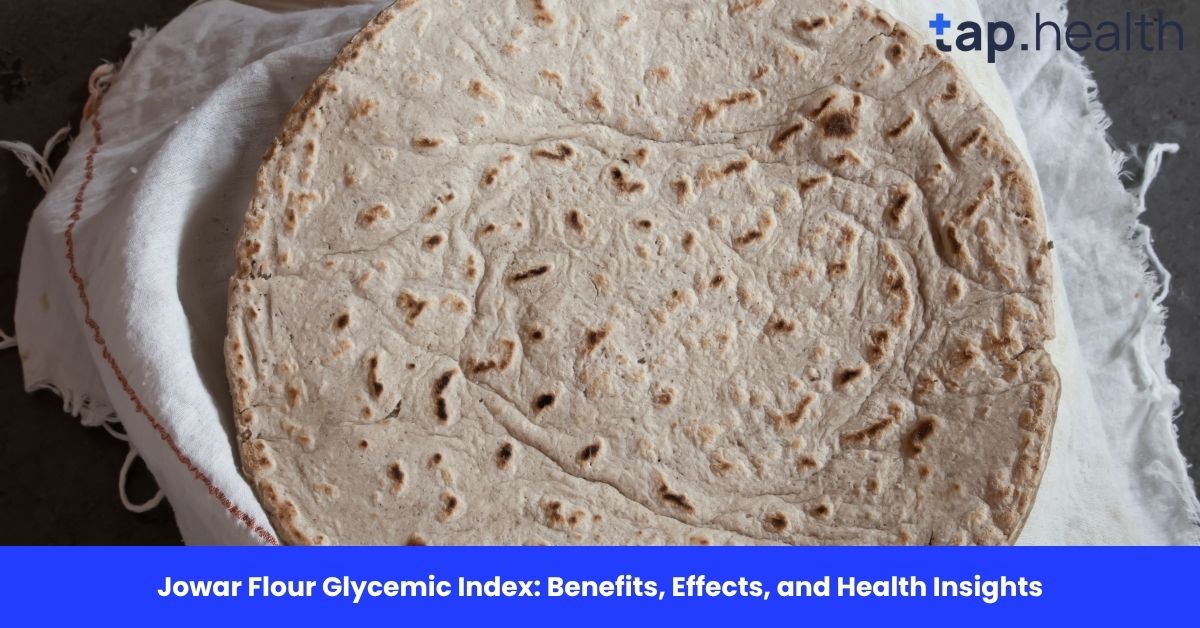Beetroot, with its rich purple colour and earthy taste, has long been a popular vegetable in Indian cuisine. Whether consumed raw, roasted, or in juices, beetroot offers a wealth of health benefits, including supporting heart health, boosting stamina, and enhancing digestion. However, if you’re managing blood sugar levels, especially with diabetes, you may be wondering: What is the glycemic index (GI) of beetroot, and how does it affect your health?
In this article, we will break down the glycemic index of beetroot, explain how it fits into a balanced diet, and explore its health benefits. Whether you’re diabetic or just aiming to eat healthier, this guide will give you all the information you need to incorporate beetroot into your diet.
What is Glycemic Index (GI)?
The glycemic index (GI) is a measure that ranks foods containing carbohydrates on a scale from 0 to 100 based on how quickly they raise blood sugar levels after consumption. Foods with a high GI cause a rapid increase in blood sugar, while those with a low GI lead to a slower, more gradual rise.
- Low GI: 55 or less
- Medium GI: 56–69
- High GI: 70 or more
A lower GI is generally better for maintaining stable blood sugar levels, which is especially important for those managing diabetes or insulin resistance. Foods with low GI are digested and absorbed more slowly, leading to sustained energy and better overall metabolic control.
What is the Glycemic Index of Beetroot?
Beetroot is widely regarded as a low-GI food, with its GI value falling in the range of 64 to 75, depending on how it’s prepared. For the most part, raw beetroot has a moderate GI, while cooked beetroot may have a slightly higher GI. This range is due to the cooking process, which can break down the starches in beetroot and turn them into simpler sugars, thereby increasing the rate at which they are digested and absorbed into the bloodstream.
Why Does Beetroot Have a Moderate GI?
The reason beetroot doesn’t fall into the low GI category, like some other vegetables (e.g., leafy greens), is due to its natural sugar content. Beetroot contains a moderate amount of sugar, which, when digested, can contribute to a moderate rise in blood sugar. However, beetroot is still relatively low compared to many high-GI foods like white bread or potatoes.
Despite its moderate GI, beetroot still offers benefits for those managing their blood sugar levels, especially when consumed in moderation and as part of a balanced meal.
What is Glycemic Load (GL) and How Does It Relate to Beetroot?
While GI measures how quickly a food raises blood sugar, glycemic load (GL) takes both the GI and the portion size into account. GL provides a more accurate picture of how a food will impact blood sugar when consumed in typical serving sizes.
How to Calculate Glycemic Load
The formula for calculating GL is:
GL = (GI × available carbohydrates per serving) ÷ 100
For 100g of beetroot, we can calculate:
- GI of beetroot ≈ 64 (moderate)
- Available carbs in 100g beetroot ≈ 9.6g (approximately)
Thus, GL = (64 × 9.6) ÷ 100 = 6.1 (moderate GL)
Why Glycemic Load is Important
The glycemic load is a more reliable measure of how a food affects your blood sugar. Even though beetroot has a moderate GI, its GL is relatively low compared to high-GI foods, such as white rice. This means that a typical serving of beetroot is less likely to cause a sharp spike in blood sugar.
Health Benefits of Beetroot
Beetroot isn’t just a low-to-moderate GI food, it’s also packed with vitamins, minerals, and antioxidants that contribute to a variety of health benefits.
1. Boosts Heart Health
Beetroot is rich in nitrates, which can help improve blood flow and lower blood pressure. Regular consumption of beetroot has been shown to have a positive effect on cardiovascular health by improving blood vessel function and reducing the risk of heart disease.
2. Supports Liver Detoxification
The betalains in beetroot, the pigments responsible for its deep red colour, have anti-inflammatory and antioxidant properties. They help detoxify the liver by promoting the production of enzymes that support liver function and the elimination of toxins.
3. Aids Digestion
Beetroot is high in dietary fibre, which promotes healthy digestion. It helps prevent constipation, regulates bowel movements, and supports a healthy gut microbiome.
4. Improves Exercise Performance
The nitrates in beetroot are also known to improve exercise performance. Consuming beetroot juice has been shown to increase stamina and enhance endurance, making it a great natural performance booster for athletes and fitness enthusiasts.
Is Beetroot Good for Diabetics?
Yes, beetroot can be part of a diabetes-friendly diet. Despite its moderate glycemic index, beetroot is still a healthy option for people with type 2 diabetes, particularly because of its high fibre content and low glycemic load.
Why Is Beetroot Suitable for Diabetics?
- Fibre Content: The high fibre in beetroot slows down the absorption of sugars and helps maintain stable blood sugar levels.
- Nutrient-Rich: Beetroot contains important nutrients like vitamin C, folate, and potassium, which support overall health, especially heart health and immune function.
- Antioxidant Properties: The antioxidants in beetroot, particularly betalains, help reduce inflammation, which is critical for managing chronic conditions like diabetes.
How to Include Beetroot in a Diabetic Diet
- Portion control: While beetroot is healthy, it’s important to manage portion sizes. 1/2 to 1 small beetroot per day is a good starting point.
- Pair with protein and healthy fats: Combine beetroot with lean proteins like chicken or plant-based proteins like tofu, and healthy fats like avocados or nuts, to slow down glucose absorption and create a balanced meal.
How to Prepare Beetroot for Maximum Health Benefits
The way you prepare beetroot can affect its glycemic index and overall health benefits. Here are some ways to enjoy beetroot:
1. Raw Beetroot
Eating beetroot raw helps preserve its fibre content and nutrients. You can grate raw beetroot into salads, smoothies, or use it as a topping for yogurt or sandwiches.
2. Roasted Beetroot
Roasting beetroot brings out its natural sweetness. Roasted beetroot retains much of its fibre and antioxidants, making it a great addition to salads or as a side dish.
3. Beetroot Juice
Fresh beetroot juice is a popular option, though it lacks the fibre of whole beetroot. If you enjoy juices, it’s best to mix beetroot juice with other veggies like carrot, spinach, or cucumber for a nutrient-packed drink.
4. Boiled Beetroot
Boiled beetroot is commonly used in Indian dishes like beetroot paratha and beetroot curry. Boiling slightly lowers the GI of beetroot but still keeps it a healthy option for diabetics.
Myths vs. Facts About Beetroot and Blood Sugar
Myth 1: “Beetroot spikes blood sugar levels.”
Fact: While beetroot has a moderate glycemic index, it has a low glycemic load and is rich in fibre, which helps control blood sugar levels. It is a safe option for most people, including diabetics, when consumed in moderation.
Myth 2: “Beetroot juice is bad for diabetes.”
Fact: While beetroot juice may have a higher glycemic impact than whole beetroot, it can still be part of a healthy diet if consumed in moderation and without added sugar. Pairing it with other low-GI vegetables and fibre-rich ingredients can help reduce its glycaemic load.
Myth 3: “Beetroot is high in sugar and should be avoided.”
Fact: Beetroot contains natural sugars but in moderate amounts. It is considered a nutrient-dense food and offers more health benefits than risks for most people when consumed in normal portions.
Key Takeaways
- Beetroot has a moderate glycemic index, typically between 64 and 75, but its glycemic load is low due to its high fibre content.
- Beetroot is nutrient-rich, offering benefits like improved heart health, liver detoxification, digestive support, and enhanced exercise performance.
- Diabetics can safely consume beetroot in moderate portions, preferably with other nutrient-dense foods to help manage blood sugar levels.
- The best way to consume beetroot is in its whole form—whether raw, roasted, boiled, or juiced—with attention to portion control.
Frequently Asked Questions on Beetroot Glycemic Index:
What is the glycemic index of beetroot?
Beetroot has a moderate glycemic index that typically ranges from 64 to 75, depending on how it’s prepared.
Is beetroot good for diabetics?
Yes, beetroot is a healthy choice for diabetics due to its high fibre content and low glycemic load, which helps regulate blood sugar levels.
Can beetroot juice cause blood sugar spikes?
Beetroot juice can cause a faster rise in blood sugar than whole beetroot due to the loss of fibre. It’s best consumed in moderation, preferably mixed with other low-GI vegetables.
How should I eat beetroot for maximum benefits?
Beetroot can be eaten raw, roasted, boiled, or in juice form. Eating it whole preserves its fibre and nutrient content.
Can I eat beetroot every day?
Yes, you can include 1/2 to 1 small beetroot in your daily diet, as long as you maintain portion control and balance it with other foods.
Does beetroot improve heart health?
Yes, the nitrates in beetroot help lower blood pressure and improve circulation, contributing to better heart health.



